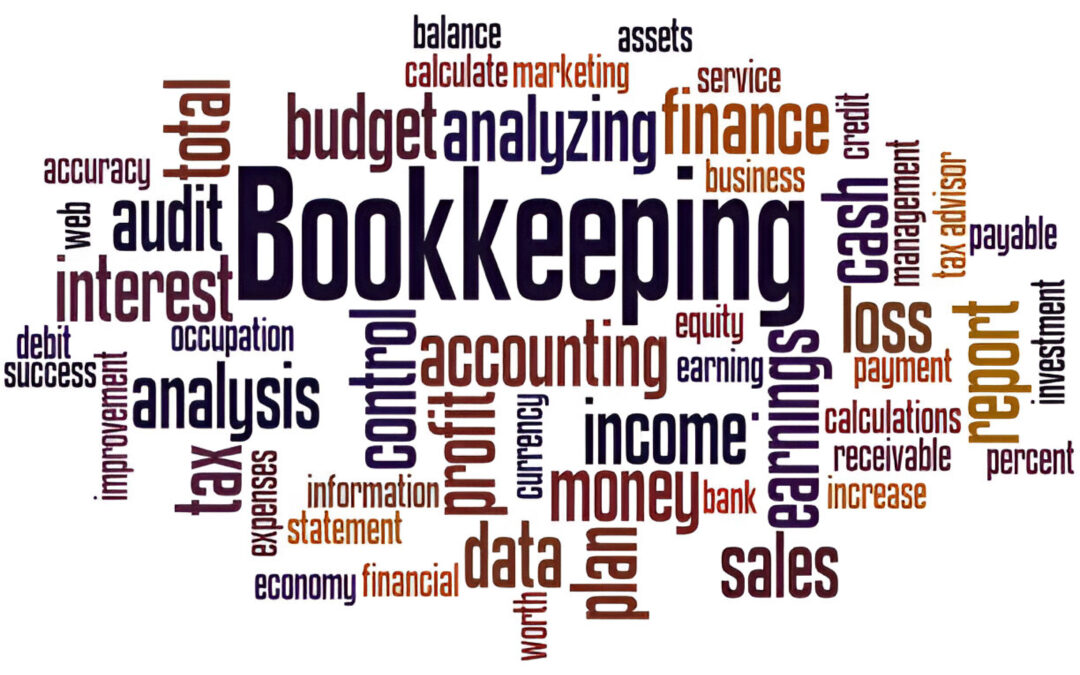Providing a snapshot on any given day of a business’s financial picture, an accounting statement known as a balance sheet – or statement of financial position – lists all a company’s assets, from long-term ones like goodwill, buildings, plant and equipment, to short-term ones, such as debtors, cash, and assets.
It also lists a business’s long and short-term liabilities, and the assets minus the liabilities, equal the equity for shareholders, known as a residual, which is then broken down into reserves such as share capital. Sound a little complex? It can be, and that’s where bookkeeping services in Surrey can come in useful.
Hiring a professional bookkeeper can help you keep on top of this important analytical tool, and keep on top of your finances. They will evaluate and improve the balance sheet of your business, by doing one, or all of the following:
Shifting inventory
Selling inventory that’s slow-moving, or bundling it with other, more popular items, is often a good idea, but you’ll need a bookkeeper to help you determine the best time of year to take this action.
Improving your debt-to-equity ratio
Unloading assets like real estate or office equipment, or bringing in more sales, can help you improve your debt-to-equity ratio, and as well as boosting your cashflow, it will put you in a better position to cultivate and raise capital.
Cutting ongoing cash
It’s always a sensible idea to try and reduce your everyday operational overheads, and a bookkeeper may suggest scaling back on non-essentials, searching for new vendors, or outsourcing certain business tasks.
Setting up an emergency cash reserve
Your bookkeeper may recommend such methods as stashing a third of your available cash away, to be used in the event of an emergency.
Managing your accounts receivable
Cashflow is put under unnecessary strain by unpaid bills, but by renewing your focus on accounts receivable – which may include the use of accounting software – you can track sales invoices and make sure you’re getting paid on time.
Do all businesses need a balance sheet?
The majority of sole proprietors don’t need a balance sheet, as there isn’t a distinction between the business and the person.
How can you calculate retained earnings?
Tracking all of the equity your business has accumulated right from the get-go, retained earnings are a number reflecting what your business has been through from a financial perspective. The profit left over once you’ve paid both your direct and indirect costs, shareholder dividends, and taxes, the number you’re left with is calculated in your income statement, and will then appear on the balance sheet, in the shareholders equity section.
With help from a company offering professional bookkeeping in Surrey, you may decide to take your retained earnings and invest them back into your business; such as to pay for new equipment, marketing or research and development.
Offering vital insights into the financial health of a business, balance sheets can be created on an annual, quarterly, or monthly basis; it may be wise to seek an opinion from a bookkeeper on the frequency of balance sheet creation, who will also take care of the entire balance sheet, so you never have to worry about it again.

